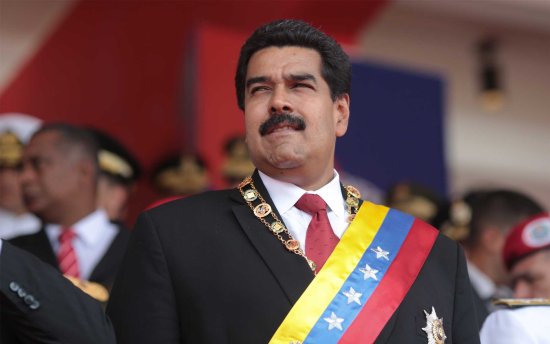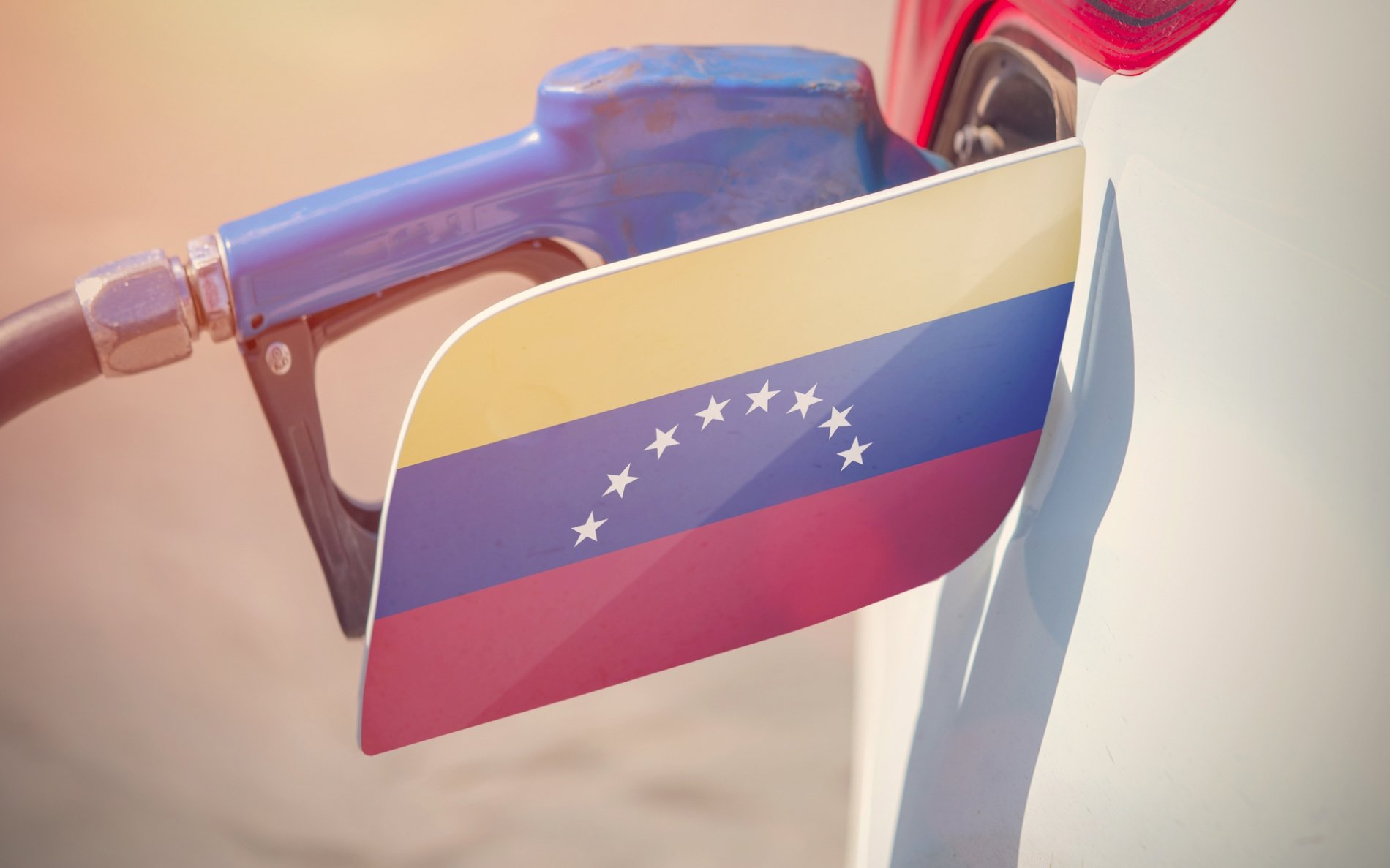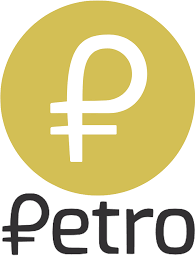
The Central Bank of Venezuela will receive $1 billion from the proceeds of the Petro sale.
Petro Sale Exceeds $3 Billion
President Nicolas Maduro made the announcement in a statement to reporters on April 26, 2018. The money is being earmarked for foreign exchange auctions as the country tries to recover from a crippling economic crisis.

According to the Venezuelan President, early sales of the Petro cryptocurrency exceeded the $3 billion mark. Thus, he has decided to send $1 billion to the country’s central bank, which is expected to use it for Dicom auctions.
The government had earlier announced in March that it would auction off the state-owned crypto through the Dicom exchange. This auction is expected to be for foreign corporations interested in investing in the Petro.
During a February address, President Maduro said that the oil-backed cryptocurrency had raised $1 billion in its first two days of being on sale. At the time, almost 300,000 purchase options for the petro had been opened with a large percentage of them in dollars.
Lack of Transparency Continues to trail the Petro
Criticism and opposition continue to trail the controversial crypto both in Venezuela and abroad. The cryptocurrency was announced back in December 2017. It is backed by the country’s oil, natural gas, gold, and diamond reserves. Many have raised concerns over the veracity of the sales figures being released by the government. The lack of transparency surrounding the petro makes it difficult to perform independent verification of these sales figures.
Critics also point to the fact that the cryptocurrency is blocked by U.S. sanctions. U.S. President, Donald Trump recently issued an executive order prohibiting the sale of the petro in the country. Bitfinex, a major cryptocurrency exchange, also recently banned the petro.
The opposition-controlled Legislature in Venezuela has described the cryptocurrency as being “illegal and unconstitutional.” Nevertheless, the government has continued with its plans for the cryptocurrency, even declaring it to a legal tender in the country.
Venezuela has been suffering from hyperinflation, an extremely devalued national currency, as well as economic sanctions. After the oil price collapse in 2014, the country’s economy has been in a tailspin.
Venezuela, once the richest Latin-American nation is now among one of the poorest in the world with many of its citizens facing hunger and starvation. The Petro is seen as a means of circumventing U.S.-led economic sanctions thus providing a path for the country into the international market.
Do you think the Petro will succeed in solving Venezuela’s economic woes? Share your views in the comment section below.
Image courtesy of Wikipedia, Shutterstock



















